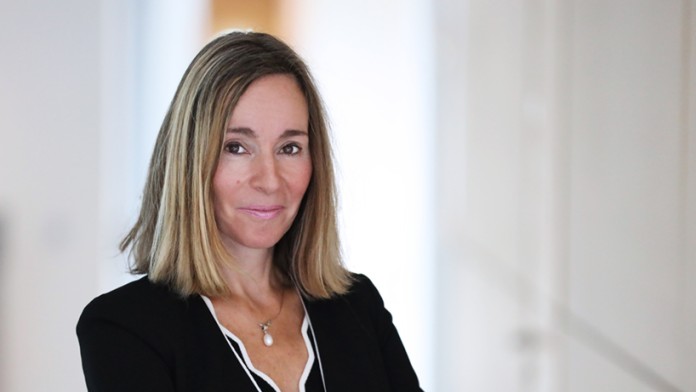Press Release from 2022-10-06 / Group, Sustainability, KfW Development Bank
A further building block for the Clean Oceans Initiative
marine conservation and preservation of the unique biodiversity in the Caribbean – KfW supports a decrease in plastic waste
- EUR 25.7 million to establish a sustainable circular economy
- Habitat protection for more than 12,000 species, coral reefs and mangrove forests
- Contribution to securing the livelihoods and health of 20,000 people by improving the income and food situation
On behalf of the Federal Ministry for Economic Cooperation and Development (BMZ), KfW today signed an agreement with the Caribbean Biodiversity Fund (CBF) regional environmental foundation for the establishment of the Circular Economy Facility to promote the circular economy in the Caribbean. The facility will receive EUR 25.7 million and finance at least 18 projects that contribute to the prevention and removal of plastic waste with the help of circular economy principles. As pollution of the Caribbean Sea is also the cause of species extinction and coral reef dieback, the proposed measures will slow down the destruction of the biodiversity hotspot in the Caribbean, which is home to more than 12,000 species.
“After the Mediterranean, the Caribbean is the most polluted sea in the world. At the same time, it is also a global biodiversity hotspot. The pollution associated with the currently unfettered discharge of up to 300,000 tonnes of solid waste per year into the sea increasingly threatens marine ecosystems, causes species to disappear and results in declining incomes for the local population, who are heavily dependent on tourism and fishing. A healthy ecosystem is the livelihood of the Caribbean population and must be preserved,” said Christiane Laibach, Member of the Executive Board of KfW Group.
In particular, the new facility is intended to reduce solid waste in selected areas of the Caribbean Sea. Specifically, it is about extending the life cycle of products, phasing out single-use packaging, recycling waste products and removing solid waste from waterways. It is anticipated that at least 20,000 people will profit directly from the measures. In addition, a clean Caribbean benefits all 43 million inhabitants of the region.
The facility’s measures also include promoting research and development, exchanging experience between relevant stakeholders from the various Small Island Development States and raising public awareness. Eligible applicants for the facility are non-governmental organisations, universities, public institutions, civil society institutions and the private sector. The project covers the following countries and territories in the Caribbean: Dominica, Dominican Republic, Grenada, Haiti, Jamaica, Cuba, Montserrat, Saint Lucia, Saint Vincent and the Grenadines.
The CBF is a regional environmental capital fund set up in 2012 with support from KfW to finance environmental protection measures in the Caribbean. The fund celebrated its tenth anniversary in September 2022.
The project is part of the Clean Oceans Initiative (COI). This is a joint initiative of Europe’s development banks to finance projects aimed at reducing the ingress of plastic waste into the oceans. Since the end of 2018, the initiative has already provided financing in the amount of around EUR 1.9 billion to projects in the public and private sectors that reduce the discharge of plastics, microplastics and other waste into the seas through better solid waste, wastewater and rain fall management. The COI partner banks’ goal is to reach EUR 4 billion by 2025.
Further information about KfW Development Bank is available at:
www.kfw-entwicklungsbank.de


Share page
To share the content of this page with your network, click on one of the icons below.
Note on data protection: When you share content, your personal data is transferred to the selected network.
Data protection
Alternatively, you can also copy the short link: https://www.kfw.de/s/enkBbm2w.CyIA
Copy link Link copied